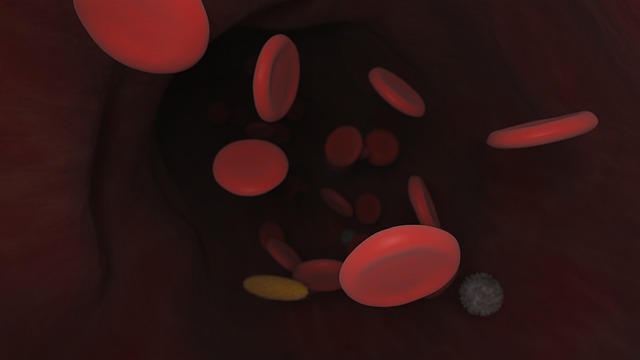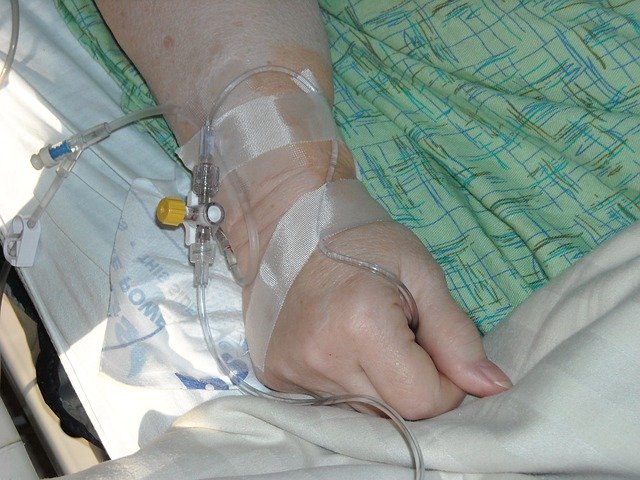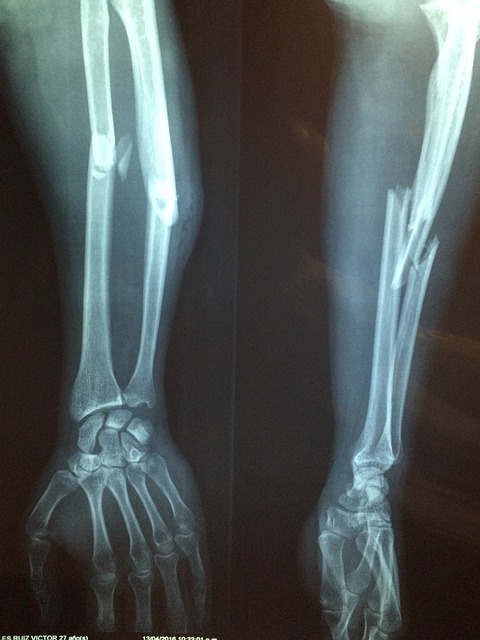Podcast: Play in new window | Download (Duration: 14:59 — 21.1MB) | Embed
Epoetin alfa is essential exogenous erythropoetin which can stimulate the production of red blood cells.
It is critical to ensure adequate iron stores when using EPO.
Risks for blood clots, strokes and heart attacks are critical to recognize with the use of epoetin.
Dosage adjustments with epoetin are typically made with respect to the amount of change in hemoglobin. I discuss this further in the podcast.
I discuss important drug interactions on the podcast, be sure to check out my latest project which is a 200+ page book on managing drug interactions in primary care.
Be sure to check out our free Top 200 study guide – a 31 page PDF that is yours for FREE!










